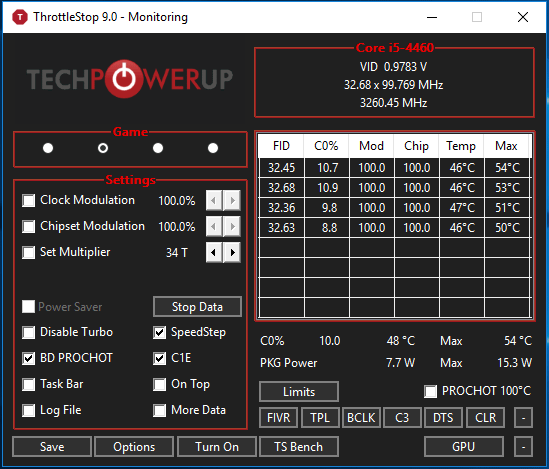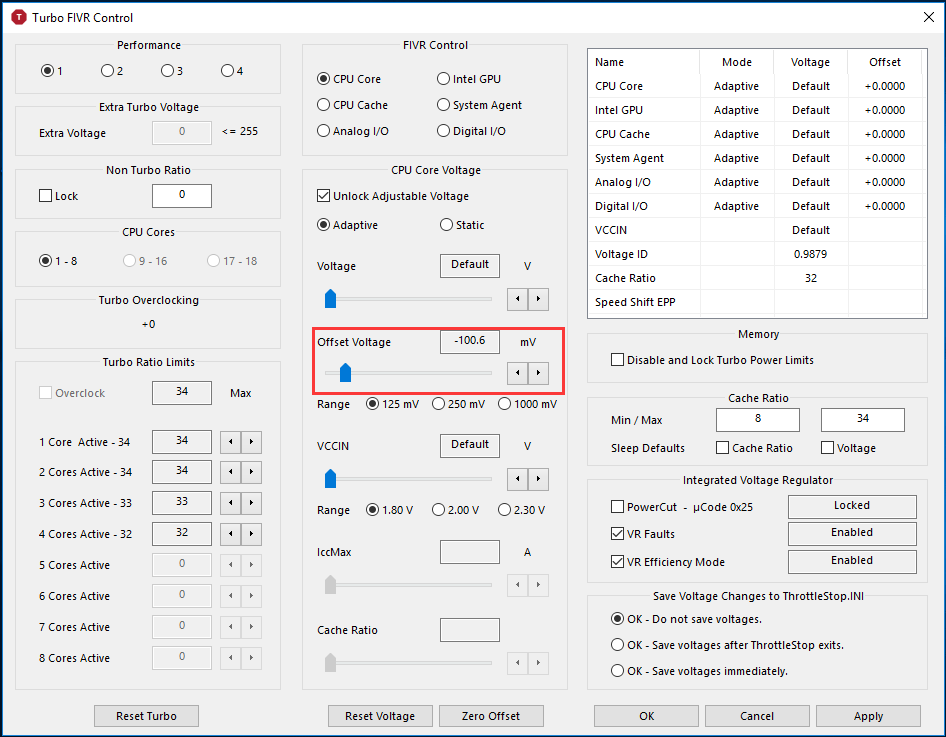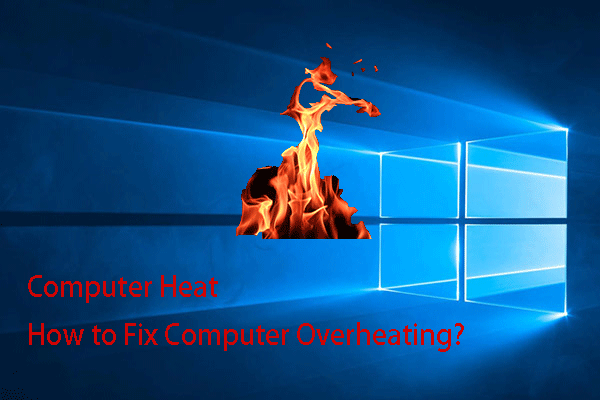When you are asked what the main issue of the laptop is, some of you may say performance and some say battery life, heat, and loud fans. In this post, MiniTool Solution will show you how to undervolt CPU to increase battery life, reduce heat, and fan kick time.
What Is Undervolting?
You may be familiar with the overclocking that is a technique used to increase a component’s clock speed beyond the specifications of manufacturers to improve performance. To get high overclocks, you choose to overvolt CPU or increase the voltage. However, this causes high power consumption and heat.
In this case, you need to undervolt CPU. What is undervolting? It refers to reducing the standard working voltage of the electronic chip. Undervolting CPU is a process to reduce the voltage that’s going to the CPU; it can lower the heat and increase battery life. But this won’t noticeably affect performance although you are doing high-intensity activities like gaming.
Here comes a question: can undervolting damage CPU? Undervolting doesn’t damage the CPU but overdoing it can lead to an unstable system. So, use it carefully.
How to Undervolt CPU
CPU undervolting is not easy work and you need to use a professional tool. Here, you can use ThrottleStop that is a program to monitor and correct the three main types of CPU throttling used on many laptops.
Now, let’s see how to use ThrottleStop to undervolt CPU.
Step 1: Download this application via the link.
Step 2: Extract the .exe file from the .zip folder and then click it to open the program.
Step 3: After opening ThrottleStop, you can see four select-circles at the top-left corner – Performance, Game, Internet, and Battery. Each one has its own undervolt settings and you can choose one based on your needs and then click FIVR to start configuring the values.

Step 4: In the new window, check the box of Unlock Adjustable Voltage and then decrease the Offset Voltage slider. This is the undervolting part. You can start at -100mV.

Step 4: Next, apply the same undervolt for CPU Cache. Just click CPU Cache in the FIVR Control section and then set it to the same voltage. Then, click Apply.
After that, you can see if the system remains stable (no blue screen errors). If not, you can continue decreasing the voltage of CPU Cache and CPU Core in -10mV increments to further lower the CPU temperature.
If the system crashes, reboot it, open this application and change Offset Voltage to a point where the system is stable.
Bottom Line
After reading this post, you know what undervolting is and how to undervolt CPU with ThrottleStop. If you need to reduce the CPU temperature, just get this tool to have a try.


User Comments :